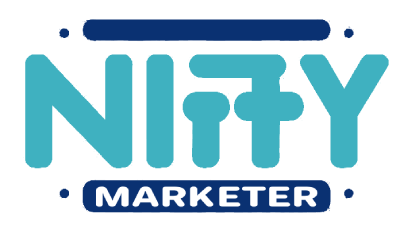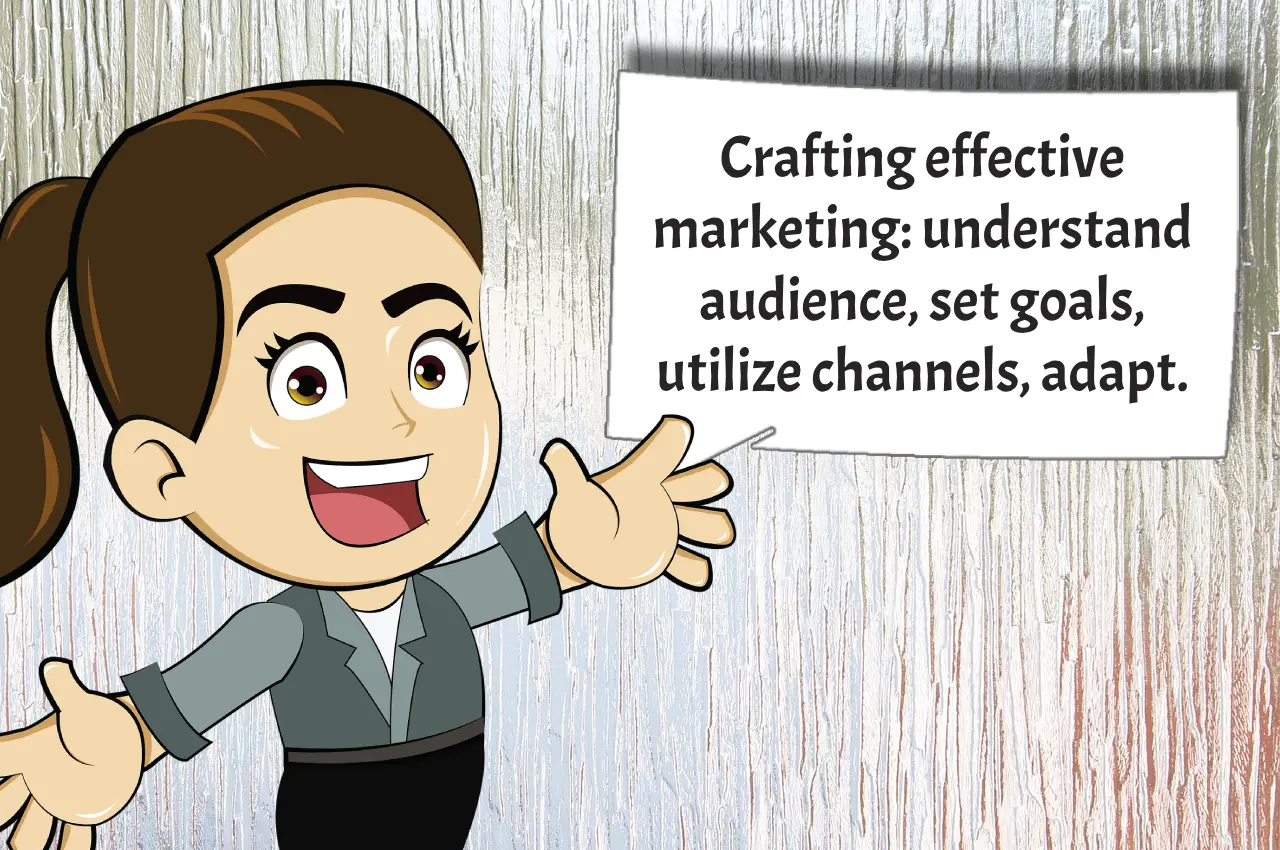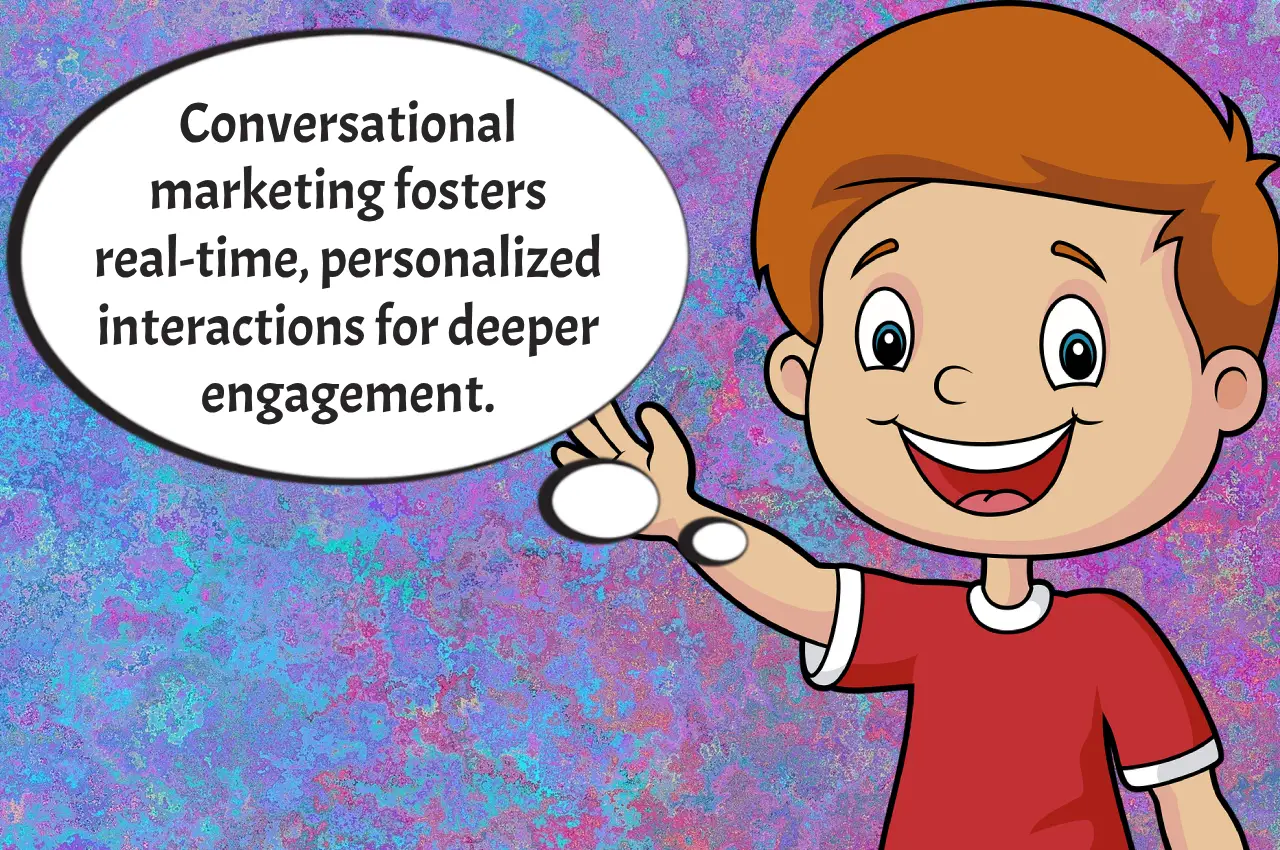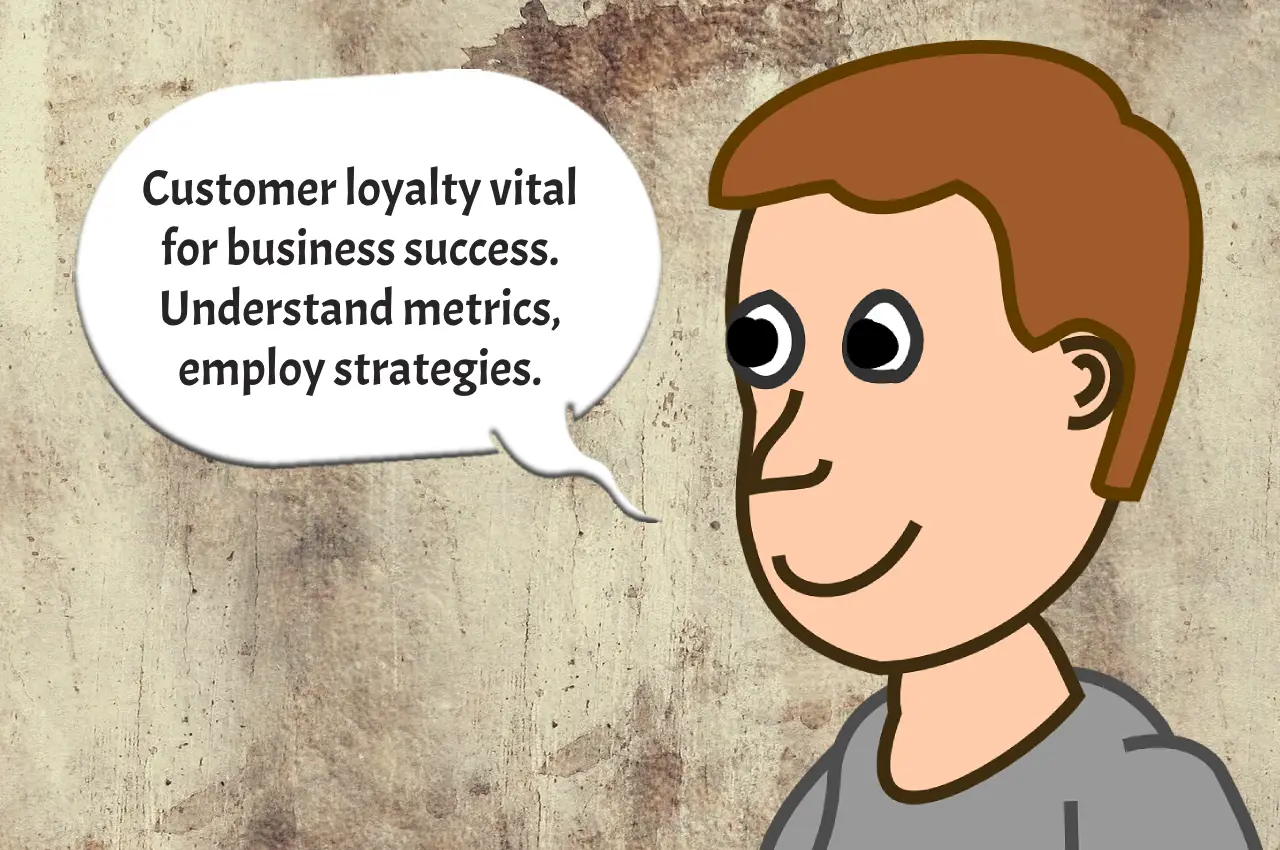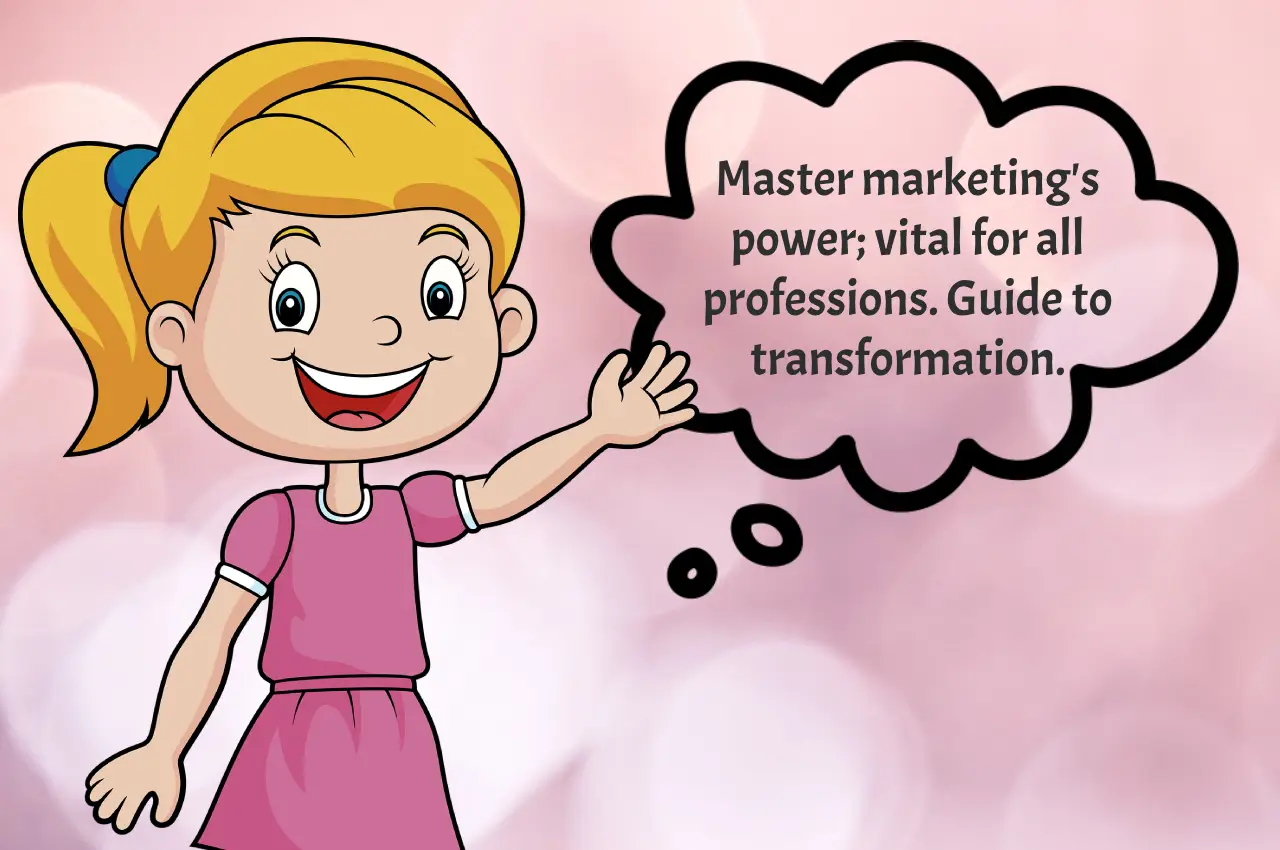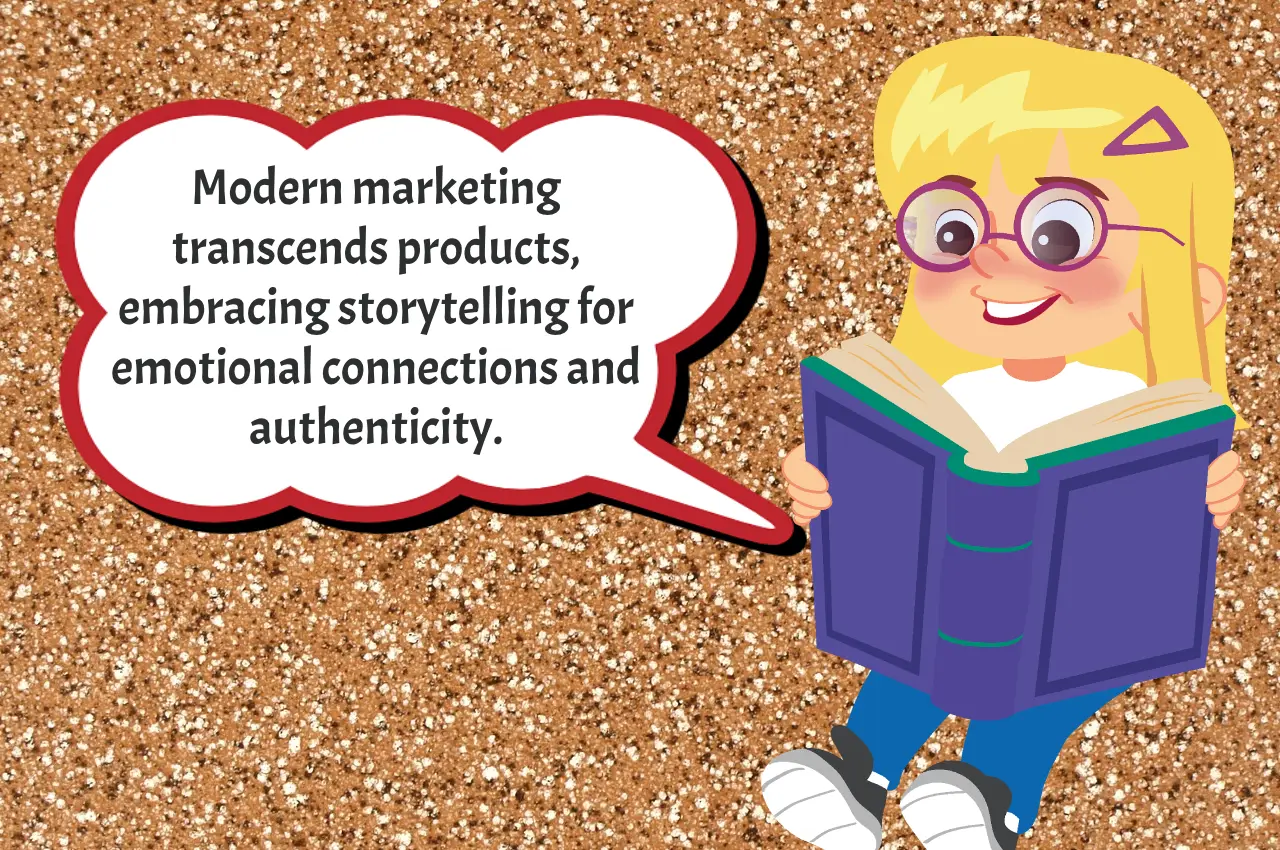Crafting a powerful marketing strategy can often feel like a complex puzzle. It’s not simply about throwing ideas out there, hoping something sticks. It involves making well-informed, strategic decisions that propel your business forward. In this extensive guide, we will delve into the nuances of developing an effective marketing strategy that not only resonates with your audience but also significantly boosts your brand.
Understanding Your Audience
Your first step is understanding your audience. Consider the case of Sarah, a small business owner. She spent months crafting what she thought was a perfect marketing plan. However, it failed to make an impact. Why? Sarah didn’t truly understand the needs and preferences of her target audience. To avoid this pitfall, engage in thorough audience research. Utilize surveys, social media insights, and direct customer feedback. Know their demographics, interests, and challenges. Tailor your strategy to address their specific needs and desires.
Setting Clear Objectives
What exactly are you aiming to achieve with your effective marketing strategy? Is it increased sales, heightened brand awareness, or improved customer loyalty? Set SMART goals – Specific, Measurable, Achievable, Relevant, and Time-bound. For instance, aiming to increase website traffic by 20% in six months is a SMART goal. It provides you with a clear target and a tangible way to measure success.
Choosing the Right Channels
All marketing channels are not created equal. It’s crucial to identify where your audience spends most of their time. If your target market includes professionals, LinkedIn might be more effective than TikTok. Conversely, for a younger audience, TikTok could be the better choice. Understand the strengths of each platform and align them with your marketing goals.
Creating Compelling Content
Content is indeed king in the world of marketing. However, it’s not just about what you communicate, but how you present it. Utilize the power of storytelling. People connect more with stories than with mere facts and figures. Keep your messages clear and concise, and ensure your content is both engaging and relevant to keep your audience interested and coming back for more.
Leveraging Social Proof
People often trust other consumers more than they trust brands themselves. Incorporate elements like customer testimonials, case studies, and user-generated content into your effective marketing strategy. These aspects build credibility and foster trust. Think about how online reviews might influence your own purchasing decisions. That’s the essence of social proof.
Analyzing and Adapting
The marketplace is continuously evolving. It’s vital to regularly review the performance of your marketing strategy. Utilize tools like Google Analytics to monitor website traffic, engagement, and conversion rates. Be prepared to adapt and make changes if certain aspects aren’t working as expected. Flexibility is a crucial component in a dynamic market environment.
Staying Ahead of Trends
Keep yourself informed about the latest industry trends. What’s trending today might become outdated tomorrow. Participate in webinars, read industry blogs, and engage with thought leaders on social media. Staying informed helps you to adapt your effective marketing strategy proactively and stay ahead of the competition.
Budgeting Wisely
An effective strategy requires a realistic budget. Allocate your resources where they will have the most significant impact. Avoid overspending on flashy tactics that offer little return on investment. Focus instead on activities that align with your strategic goals and offer measurable results.
Building Relationships
Remember, marketing isn’t just about selling products or services; it’s about building meaningful relationships. Engage actively with your audience. Respond to comments, solicit feedback, and maintain a strong presence on social media platforms. Work on building a community around your brand, fostering loyalty, and nurturing long-term customer relationships.
Implementing Integration
In today’s digital world, an integrated marketing approach is essential. Ensure your strategy encompasses various aspects like email marketing, social media, SEO, and content marketing. These elements should work in tandem to create a cohesive and comprehensive marketing plan.
Embracing Technology
Leverage the latest technological advancements. Tools like AI, data analytics, and automation can streamline your marketing processes and provide valuable insights. They allow you to personalize your marketing efforts and target your audience more effectively.
Understanding the Competition
Keep an eye on your competitors. Understand what they are doing well and where they might be lacking. This doesn’t mean copying their strategies, but rather learning from them and identifying opportunities where you can differentiate and excel.
Ethical Marketing
In an era where consumers value authenticity and integrity, ensure your marketing practices are ethical and transparent. Avoid misleading information or exaggerated claims. Build a brand that’s not only successful but also respected and trusted.
Now it’s over to you. Reflect on your current marketing strategy. Are you truly connecting with your audience? Are your goals clearly defined and achievable? Have you leveraged the most effective channels for your message? Share your experiences and thoughts about an effective marketing strategy in the comments below. Let’s start a conversation on how we can all develop more impactful and successful marketing strategies.
